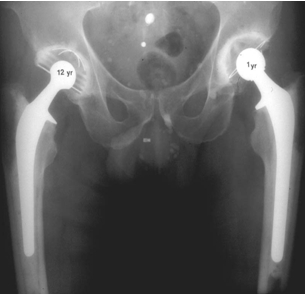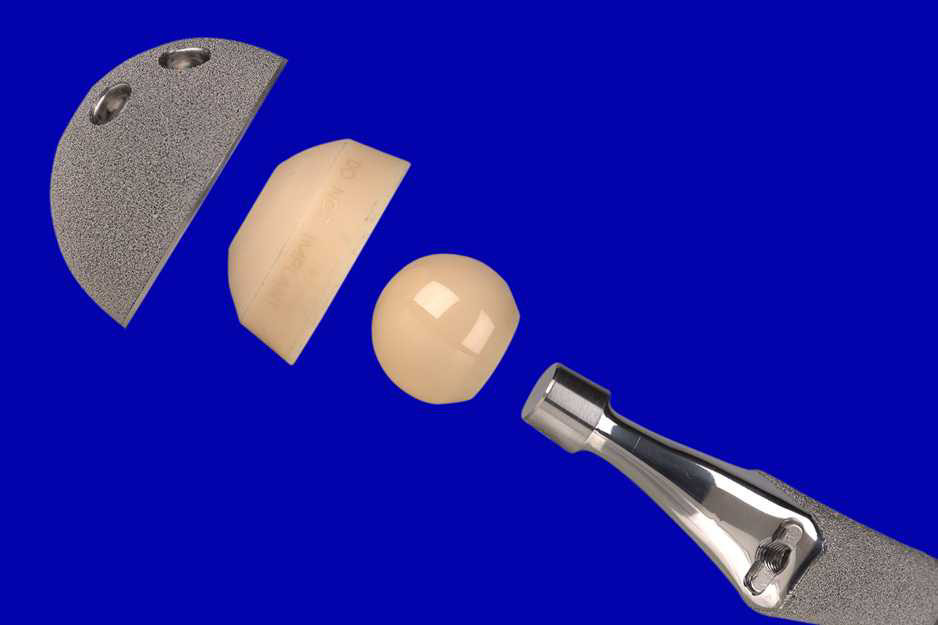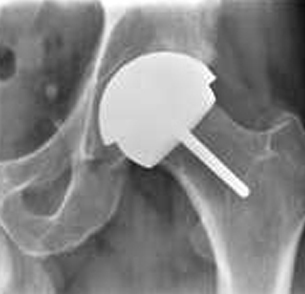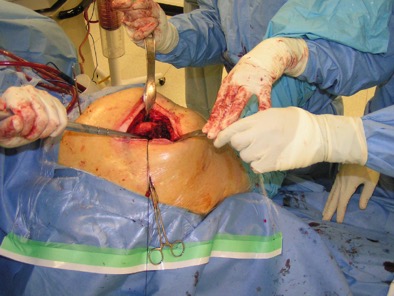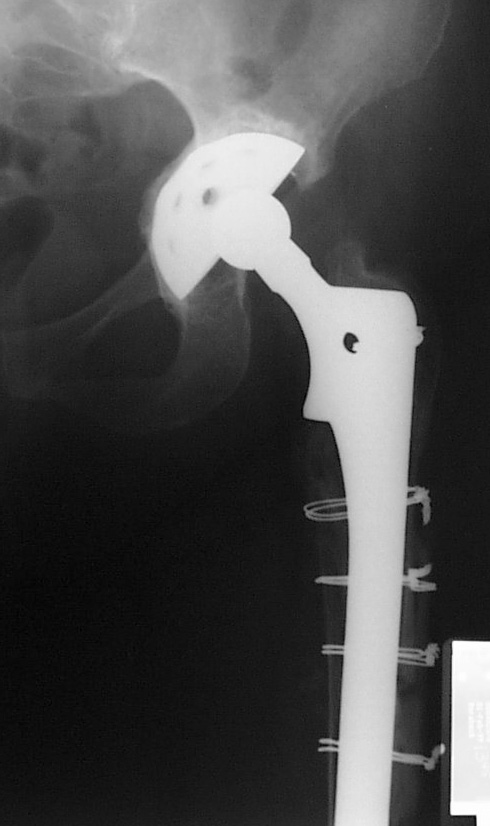Hip Replacement Surgery
We are a recognized partner with major health insurance companies and are experienced in dealing directly with them where possible on your behalf.
We offer a comprehensive array of modern evidenced based treatments for knee and hip conditions.
To book an appointment with Mr. Patel or make an enquiry, press here!
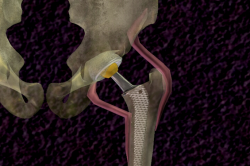 Hip replacement is an operation, where the diseased portions of the hip are resected (cut away) and replaced with man-made materials to form a new ball and socket joint. Hip replacement surgery is only considered in patients whose symptoms of hip pain have been poorly controlled and are affecting their quality of life.
Hip replacement is an operation, where the diseased portions of the hip are resected (cut away) and replaced with man-made materials to form a new ball and socket joint. Hip replacement surgery is only considered in patients whose symptoms of hip pain have been poorly controlled and are affecting their quality of life.
Although hip replacement surgery, is a highly successful and common operation; patients still require an adequate pre-operative evaluation to assess their risks for surgery (and risk for the development of complications).
Typically the operation is performed under a general anaesthetic or an epidural / spinal anaesthetic. The operation last approximately 1 hour and patients normally stay in hospital for 3 to 5 days. Patients leave home walking with crutches and have generally recovered well 3 to 6 weeks after the operation, by which stage they are walking without crutches and without pain.

Hip Replacement for Dysplasia
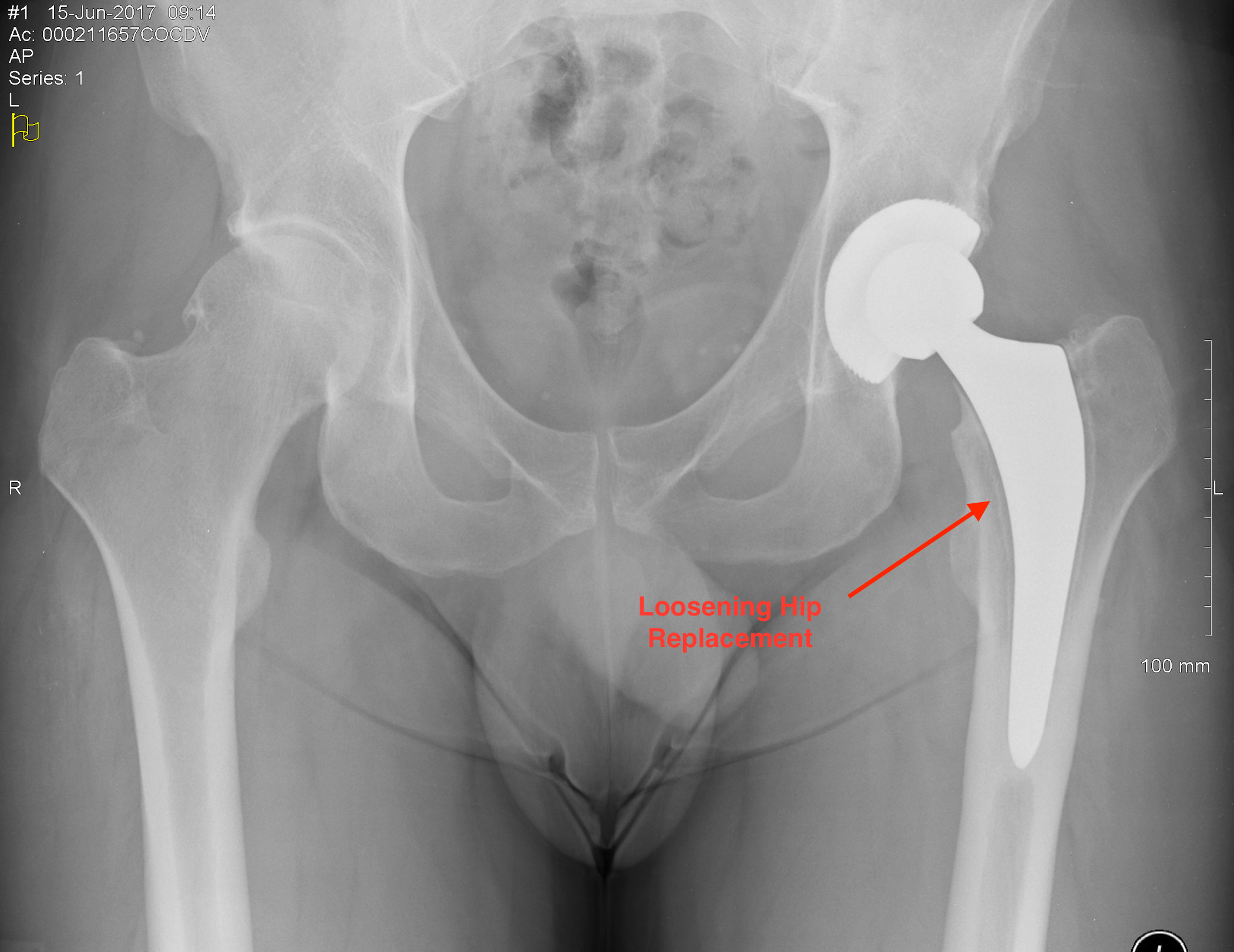
Complications of Hip Surgery
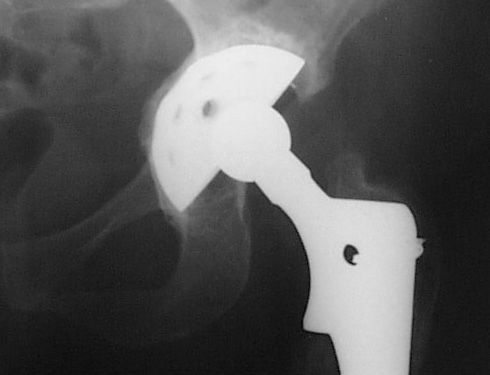
Hip Revision Surgery
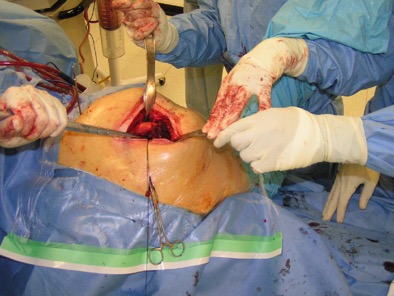
Mini Incision Hip Replacement
Types of Hip Replacement surgery
There are many types of hip replacements which include:
Which Hip Replacement is Best for You?
The specific type of hip replacement that is best suited for a particular patient is highly dependant on the patient. Therefore, the final decision is individually tailored to the patient’s situation.
Please contact Mr Jig Patel FRCS who is a Consultant Orthopaedic Surgeon based in London.
Total Hip Replacement
A total hip replacement is a procedure in which the doctor removes a painful hip joint and inserts an artificial joint.
Hip Replacement Parts
Each hip replacement consists of a stem and a socket. Either stem or socket can be inserted into the patient’s body with or without cement.
Resurfacing Hip Replacement
A recent development and form of hip replacement surgery is the use of hip resurfacing procedures.
Mini Incision Hip Replacement
Conventional hip replacement surgery typically uses an incision of 20 cms in length. Mini incision hip replacement is typically one, which is less than 10cms in length.
Hip Revision Surgery
Hip revision surgery involves the repair of an artificial hip joint that has been damaged or loosened over time or as the result of infection. The use of artificial hip implants has become quite widespread in recent years.
Complications Hip Surgery
Hip replacement surgery is one of the most quality of life improving operations that exist in modern surgery. Despite this, the operation is still a major operative intervention and complications can occur.


